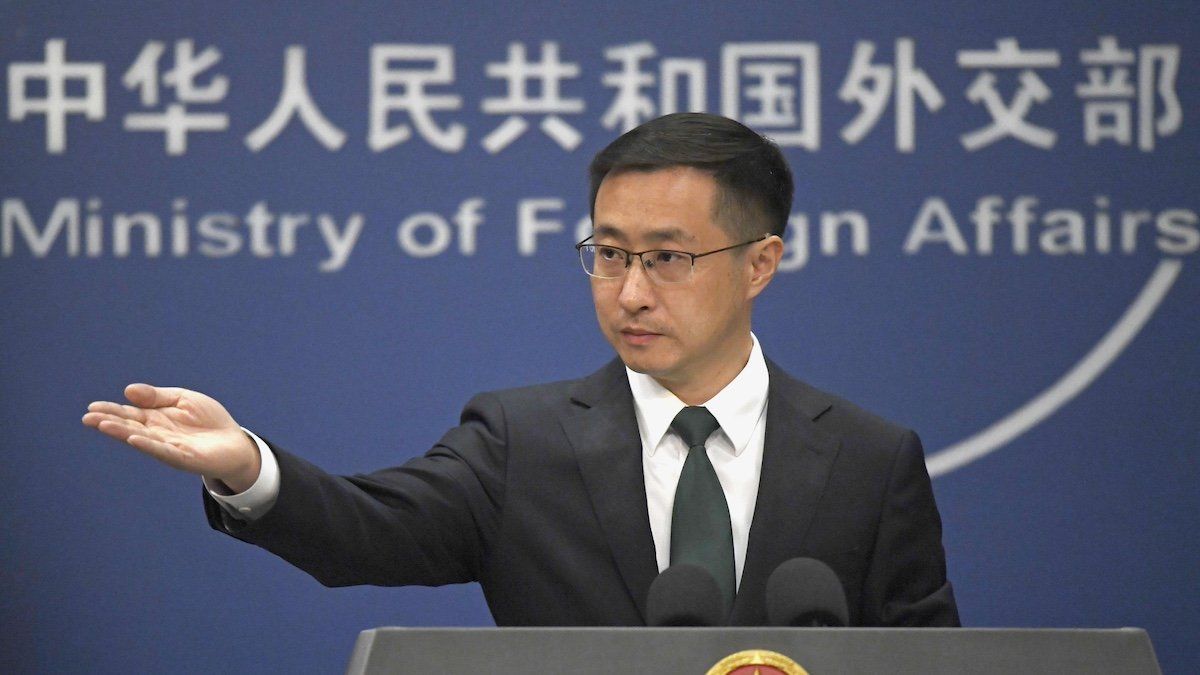China’s foreign ministry on Thursday warned NATO not to bring “chaos” into Asia and accused the alliance of seeking security at the expense of other countries after it labeled Beijing a “decisive enabler” of Russia’s war on Ukraine. The foreign ministry’s comments come amid increasing cooperation between NATO and US allies in the Pacific, particularly Japan, South Korea, and the Philippines.
Washington and its allies accuse China of helping Russia skirt arms controls by shipping so-called “dual use” goods that can be applied in both civilian and military contexts. In turn, China gets access to heavily discounted Russian oil and gas — a desirable asset at any time, but advantageous for China’s economy at a moment when it appears particularly shaky.
At home, however, Beijing has signaled not to expect “strong medicine” to boost the economy at next week’s upcoming Third Party Plenum, scheduled for July 15-18 behind closed doors.
These meetings are closely watched because past leaders have used them to deliver big news. Deng Xiaoping announced the earth-shaking “Opening and Reform” policy, for example, at the 1978 session.
Xi Jinping isn’t expected to announce any major policy shifts, according to experts at Eurasia Group. So we’ll be watching for language intended to boost consumer confidence battered by the roiling debt crisis, but little by way of decisive policy.
